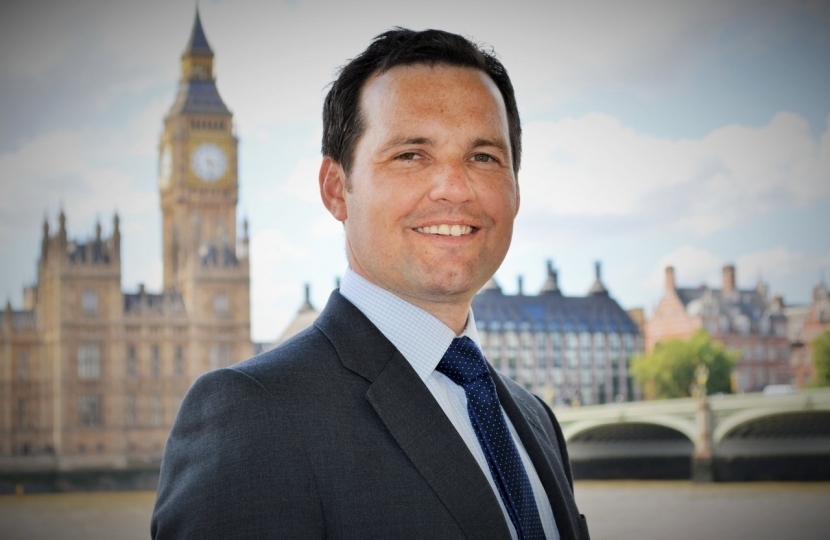
Happy New Year. I hope that everyone had a great Christmas and New Year. One of the best aspects of Christmas and Easter is that those two festivals mark an occasion where many friends and family are off work or make a special effort to meet up.
As I am writing this article before the New Year, I do not yet know how it is going to pan out, what surprises are in store, or whether the Government has decided to impose more restrictions to deal with Omicron. Whilst Christmas cannot be stopped, the celebrations and family gatherings can be – well, they can as far as people respect the law. We missed those celebrations last year as well as having two and had two Easter breaks overshadowed as well.
The mood across England is now so different and there is a great deal more confidence that we are emerging out on the other side of the pandemic. Whether it is from prior immunity, acquired immunity from contracting Covid-19 or from the first, second or third dose of the vaccine, it looks like most of our troubles are behind us.
The overwhelming evidence is that, for a variety of factors, the latest variant is significantly less of a risk to our health. If you pick up the virus you are less likely to become ill, require hospitalisation, end up in intensive care, or die. Even if someone is hospitalised, the time in hospital is significantly less than for the other variants.
Not everyone thinks it a good idea to look at the evidence from across the United Kingdom or South Africa, as the authoritarian Welsh Government has decided to impose more restrictions on their people. Questions over children’s welfare and education, wider health concerns and the economy, especially hospitality at this time of year, have again be subordinated to evidence-free political grandstanding.
The evidence that society can cope with the Omicron variant is so compelling that the Cabinet prevented the Prime Minister from imposing more extreme restrictions. They looked at the evidence and told the PM that there is not nearly enough to justify more disruption. They may well have also mentioned that the Government has long said that the vaccination programme is the way out of the cycle of restrictions, and we must respect the achievements of our scientists and medics.
One of the key new arguments to returning to normal is the revelation that ministers have been consistently provided with partial information. We often hear about the certain scientists creating apocalyptic models of what may come to pass but then see the reality that the models are fundamentally flawed. The senior scientist responsible for these Covid-19 models has now admitted that they only reveal to ministers the worst and most doom-laden models but choose not to show them the less fearsome projections.
I have long believed that the decisions of the Government were skewed, and evidence is emerging that it has been all along.
With the New Year and fresh beginnings, just as I welcome the Cabinet in challenging the lockdown orthodoxy, I also welcome the Mayor of Greater Manchester’s decision to challenge the rush to restrictions and demand a more proportionate approach. The consensus for a return to normality, or at least to be more cautious about embracing restrictions, is gaining ground and, in that, I believe that politicians are catching up with the rest of society.
Just as I welcome Andy Burnham’s new position on dealing with the coronavirus, I am delighted that Lisa Nandy MP has a new job. Technically, it is a demotion but shadowing Michael Gove MP and his department is a far more important roll for the country. Local government and the workings of devolution make a great difference to our daily lives and Lisa has been a great champion in this area.
Political predictions are a notoriously difficult thing to get right so, rather than making any, I will stick to hoping for the best and working towards it.


